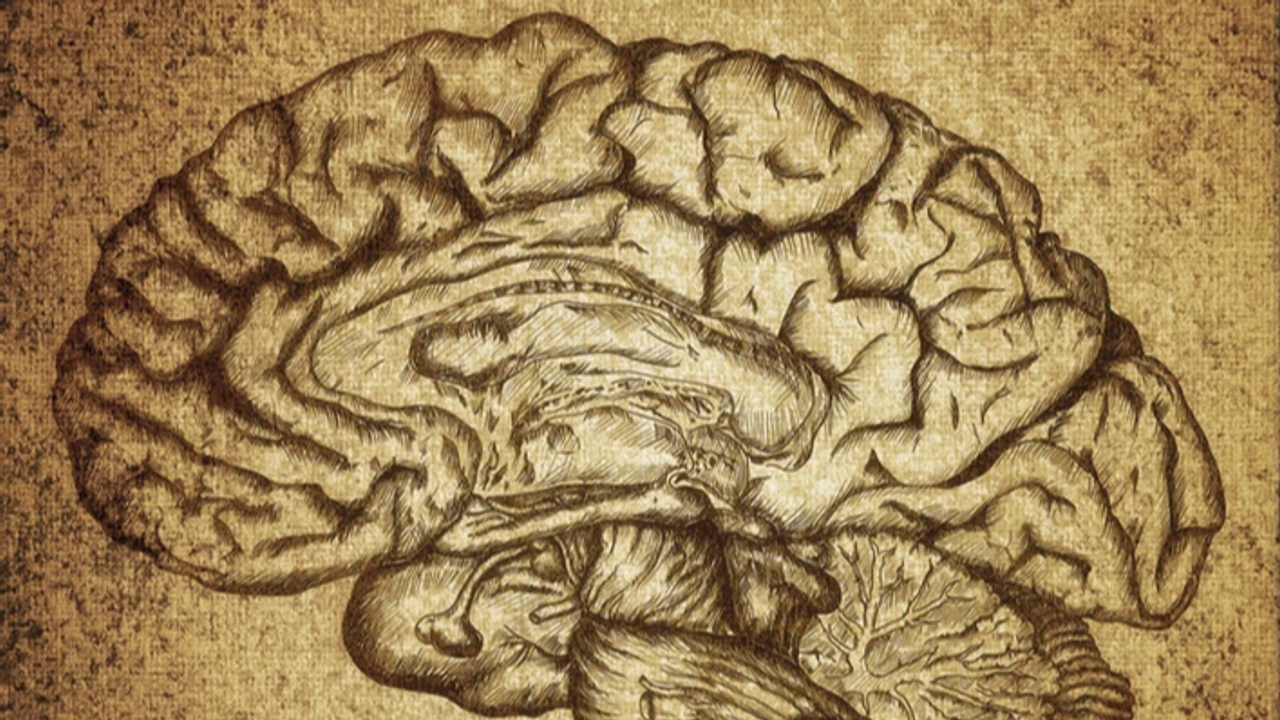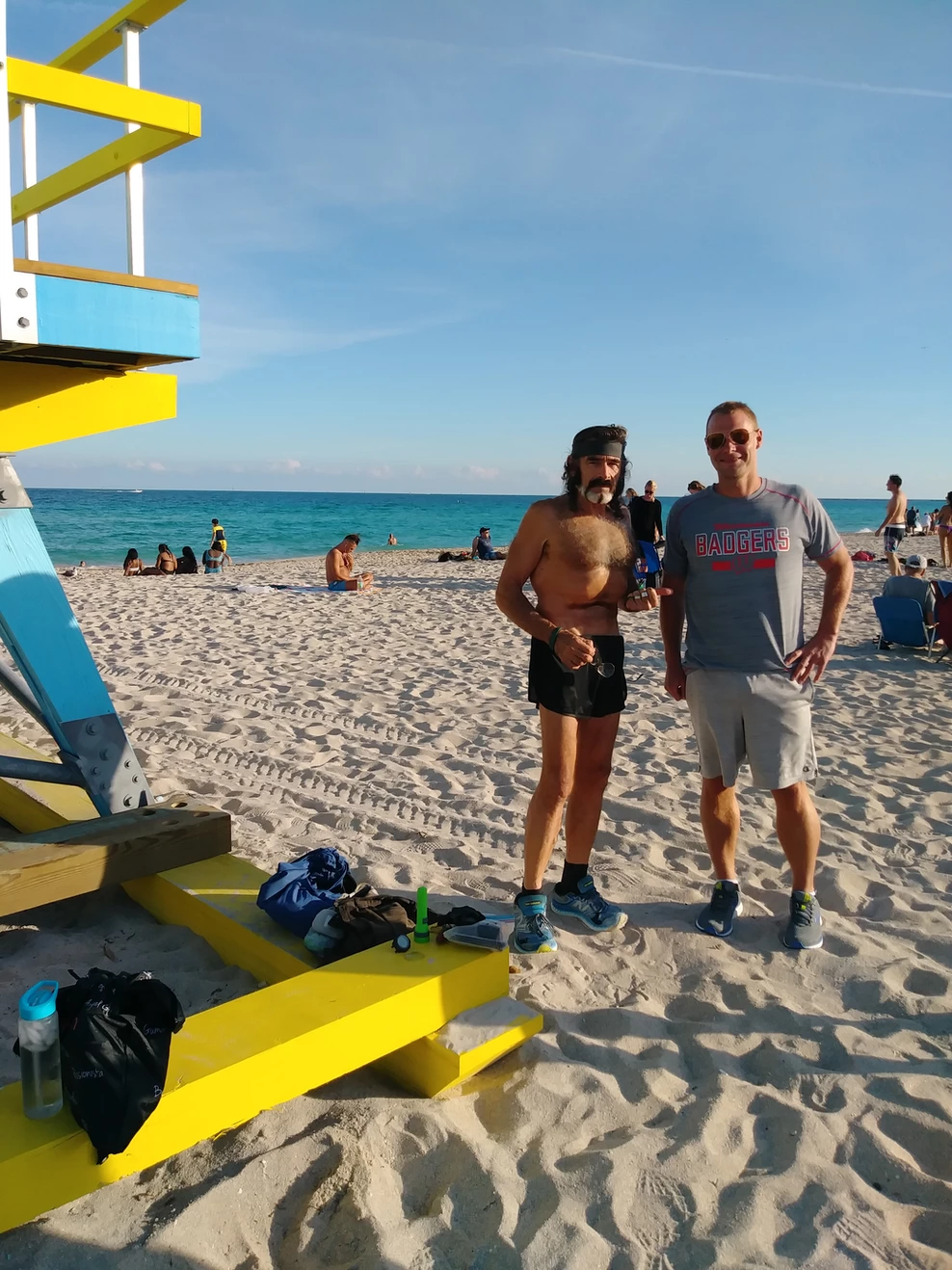How Exercise Helps With Anxiety: The Nuerotransmitter Connection
Oct 20, 2022
For years I took a pill called Xanax to help “manage” anxiety (a benzodiazepine medication, generic name Alprazolam). But what started out as an “as-needed” prescription for .25 milligrams of the medication slowly became an “always needed” four-milligram-per-day habit. And over time, my anxiety became worse and worse instead of improving; in part because of inter-dose withdrawals, in part because of an eventual protracted withdrawal I experienced after quitting the medication, and in part because I became lazy about actually working to manage my anxiety and stress levels naturally.
I stopped taking the Xanax in early 2014, and any anxiety I experience is now at a lower level than at any previous point in my adult life. I believe in part this is because I no longer have prescription medications making my neurotransmitter receptors lazy (I began those medications at age 21, I’m now 42), and I know that in large part this improvement is because I’m no longer lazy about managing my stress and anxiety. It is a job—a lifestyle—and I’m disciplined enough about it. I’m proactive about it. I know that managing anxiety is a process that, like other aspects of well-being, involves spiritual, mental, emotional, and physical components.
For me, exercise (elliptical and weight lifting, but running in particular) has become a critical piece of my self-care. Just five years ago I couldn’t run a mile at a time, but now I regularly go for runs of up to eight or nine miles that clear my head and reduce any anxiety and stress than might have been bothering me. (And yes, I don’t always feel like exercising before actually beginning the day’s workout, so lack of want is no excuse.)

Benzodiazepine medications such as Xanax (and others like Klonopin, Valium, and Ativan) work by increasing the effects of the inhibitory neurotransmitter GABA (gamma-aminobutyric acid) at the receptor sites in our brains. This increased effect (which involves stimulating the opening of chloride channels) then results in pleasurable and desirable short-term outcomes: there are muscle relaxant, sedative, hypnotic, and yes anxiolytic (ANTI-ANXIETY) effects for the user.
So obviously pills that carry negative consequences can play around with our neurotransmitter systems, but did you know that exercise has also been shown to increase the presence of GABA?
Here is one study that demonstrates that:
Researchers at Princeton University gave one group of mice unlimited access to a running wheel and kept a second group sedentary. After six weeks, the brains of the running mice showed an increase in activities that inhibit stressful reactions, including releasing large amounts of the neurotransmitter gamma-aminobutyric acid, which produces a calming effect. [1]
And furthermore, other scientific studies and reviews have concluded that “regular aerobic exercise has consistently been shown to reduce anxiety symptoms compared to placebo or no treatment.” This holds true even when people with a chronic illness such as heart disease or cancer begin exercising (and I would posit that it also holds true for people who are working through SSRI withdrawal or benzodiazepine withdrawal; I know that from personal experience).
In additional to stimulating GABA production, exercise has been shown to increase serotonin levels and obviously it releases endorphins (which naturally activate the body’s opiate receptors, producing an analgesic or pain-relieving effect).
Bottom line: A person has to be proactive about managing anxiety, which we all have to varying degrees, and exercise is one fool-proof way to help with that. I can tell you from experience that it works, and science will tell you the same thing. Make regular exercise a priority—make it your daily “medicine”—and you will never regret it.
1.) This study and other findings about the antianxiety effects of aerobic exercise are discussed in the book Running is My Therapy by Scott Douglas.
Would You Like to Join My Members Only Support & Success Community?
Stay connected with news and updates!
Join my mailing list to receive the latest posts and updates from The Lovely Grind.
Don't worry, your information will not be shared.
We hate SPAM. We will never sell your information, for any reason.
